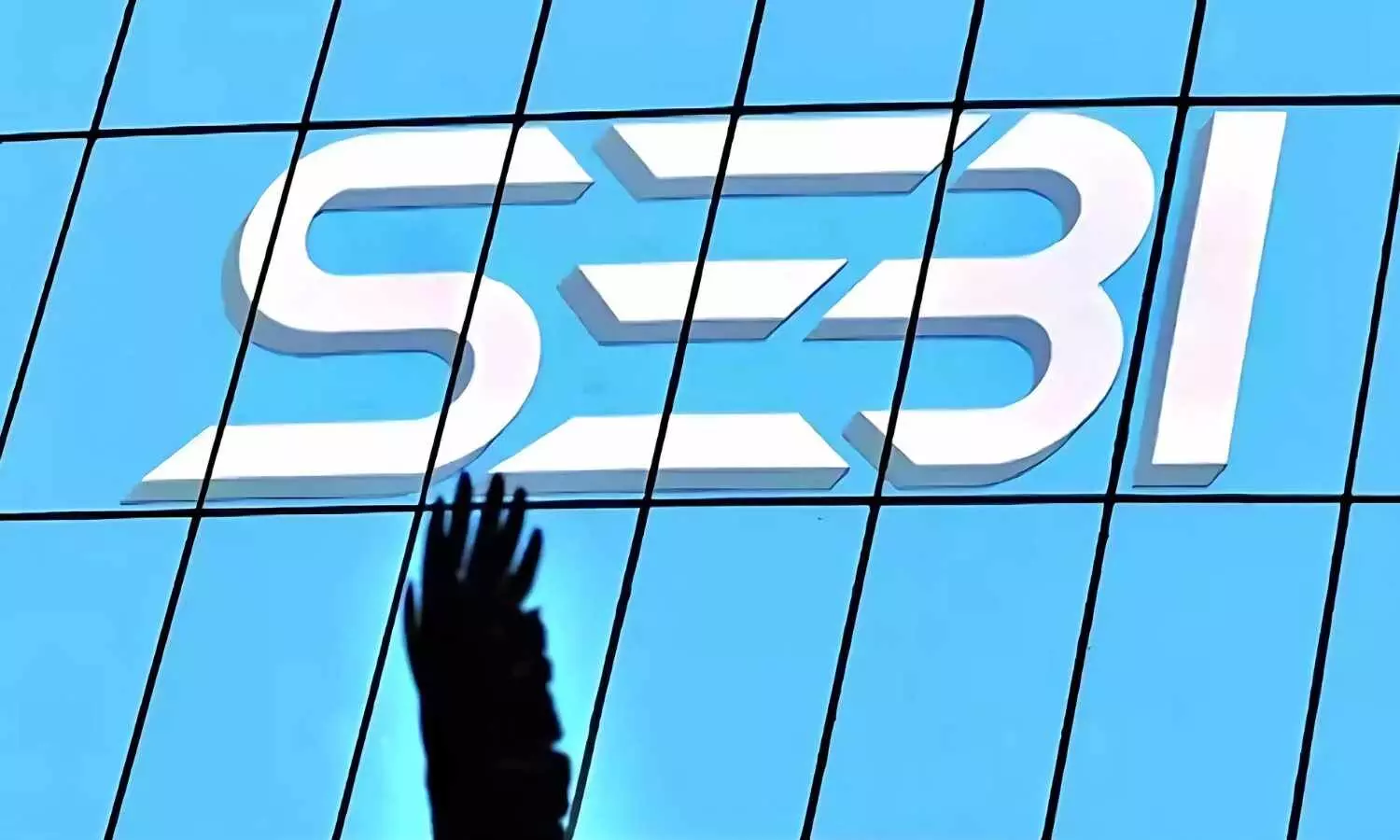Sebi Keeps Tabs On SME IPO norms
Introduces a profitability requirement and capping a 20 per cent limit on offer-for-sale
Sebi Keeps Tabs On SME IPO norms

New Delhi: Markets regulator Sebi has notified a stricter regulatory framework for small and medium enterprise (SME) IPOs by introducing a profitability requirement and capping a 20 per cent limit on offer-for-sale (OFS). The reforms aim to provide SMEs with a sound track record an opportunity to raise funds from the public, while protecting investor interests. This move follows a rise in SME issues, which has driven significant investor participation. With regard to profitability criteria, Sebi said SMEs planning to launch an IPO are required to have a minimum operating profit (earnings before interest, depreciation and tax or EBITDA) of Rs1 crore for at least two out of the three previous financial years.
Also, the OFS component by selling shareholders in SME IPOs has been capped at 20 per cent of the total issue size. Additionally, selling shareholders will not be allowed to offload more than 50 per cent of their existing holdings, Sebi said in a notification dated March 4. Further, promoters’ shareholding over the Minimum Promoter Contribution (MPC) would be subject to a phased lock-in period. Half of the excess holding would be released after one year, while the remaining 50 per cent would be unlocked after two years. The allocation methodology for non-institutional investors (NIIs) in SME IPOs would be aligned with the approach followed in main-board IPOs to ensure uniformity.
“Further, Sebi has increased the minimum application size for SME IPO to two lots making entry stricter to avoid unnecessary speculation in SME IPO. This would help protect the interest of gullible investors who generally invest looking at the escalating share price,” Makarand M Joshi, founder and Partner of corporate compliance firm MMJC and Associates, said.
The amount allocated for general corporate purpose (GCP) in SME IPOs has been capped at 15 per cent of the total issue size or Rs10 crore, whichever is lower. SME issues will not be permitted to use IPO proceeds to repay loans taken from promoters, promoter groups, or related parties, whether directly or indirectly.
“Objects of the issue should not consist of repayment of loan taken from the promoter, promoter group or any related party, from the issue proceeds, directly or indirectly,” Sebi said The Draft Red Herring Prospectus (DRHP) for SME IPOs must be made available for public comments for 21 days.
Issuers will be required to publish announcements in newspapers and include a QR code for easy access to the DRHP.
Joshi said DRHP pertaining to IPO on the SME segment, which was till now cleared by the stock exchange, would now be available for public comment on the SME exchange, website of the issuer and merchant banker to the issue.

